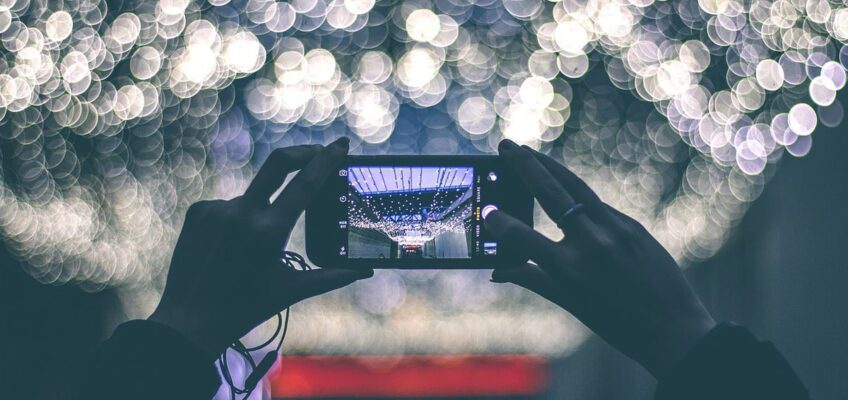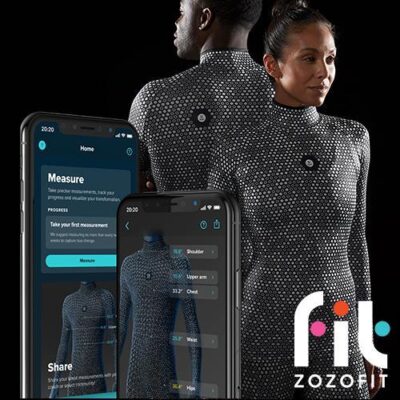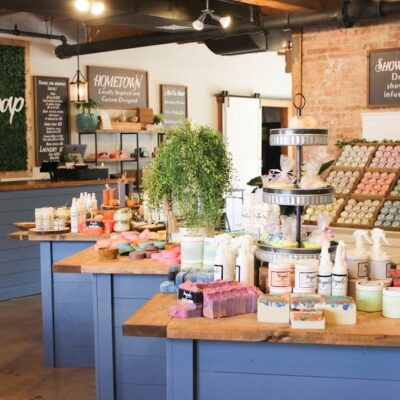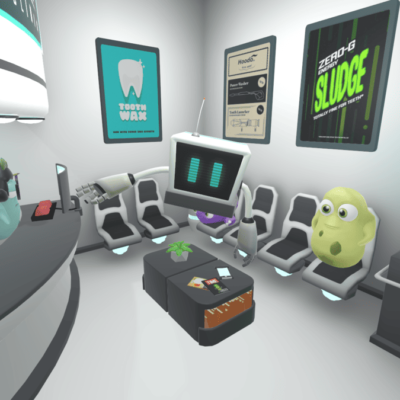By Daniel Sieberg, Co-founder at GoodTrust
The Covid-19 global pandemic of 2020 brought degrees of loss and heartache into everyone’s lives in untold ways. The scale was beyond comprehension, whether you or your family were directly affected by it or if, like so many of us, you watched in horror as the daily news presented its drumbeat of infections, hospitalizations, and death.
As those tragic events unfolded during months of lockdowns and quarantine we grew more intimate with our digital worlds as they became a kind of sanctuary. We tapped into social media in new ways (albeit not always productive or healthy ones). We relied on online shopping for everything from toilet paper to oat milk to running shoes. We searched for medical information and health updates on a constant basis. And we clung to our personal devices like life preservers. The constant glow of our screens became the new campfire.
While these technological accessories and services provided something of a lifeline, they also forced us into a greater merger of an offline life and an online one. For so many of us it’s sometimes hard to know the difference anymore. We work more from home (or live more at work?), need constant connectivity and laptops for remote education and rely on telemedicine in countless forms.
The constant glow of our screens became the new campfire Click To TweetOur social circles are often managed online, the entertainment we love is streamed into our homes and we capture so much of our activities, interests and precious moments through mobile devices and apps. On average we each spend 6 hours and 42 minutes online each day.
But while we got used to the idea of living online, we now need to get used to the concept of dying online. There are an estimated 30 million dead people on Facebook today, yet that number is still relatively small considering the platform’s 2.7 billion monthly users. By 2100 there will be between 1.4 and 4.9 billion dead people on Facebook alone – likely more dead accounts than live ones.
Our social circles are often managed online Click To TweetIn the spring of 2020 the devastating health crisis coupled with deaths in our immediate families got some of us thinking about what would happen to our digital lives if our analog ones ceased to exist. As a result, Rikard Steiber, a former Google executive, and a number of us former Googlers and others started a company called GoodTrust. We want to make it possible to act now on your own behalf – or someone else’s – to save everything that matters to you. It’s a more complex and challenging dilemma than we’d originally envisioned with the hurdles and obstacles only mounting in rapid fashion as the pace of innovation accelerates – and we want to help.
On average we each spend 6 hours and 42 minutes online each day Click To TweetWe’re creating an online existence that feels, well, pretty good, in addition to our real life. Albeit not always authentic. But as we’re able to see our efforts and those of others presented to the world we’d like it to continue on this journey for as long as possible and maybe beyond. It’s time to solve this mounting digital dilemma by saving what matters to each of us.
There are an estimated 30 million dead people on Facebook today Click To TweetThe GoodTrust platform allows anyone to carry out their digital afterlife wishes from memorializing a Facebook page to extracting photos from Google to shuttering subscription accounts like LinkedIn or Netflix. GoodTrust combines scalable technology with in-house experts to tackle both the decision-making process and the legal complexities. We don’t like ruminating on death because it feels depressing, but no matter what happens on the other side – whether it’s a multiverse or heaven or reincarnation – death comes for us all.
By 2100 there will be between 1.4 and 4.9 billion dead people on Facebook alone Click To TweetYet just as each of our offline lives is unique so too can it be said about our online ones. The decisions you make will be up to you but in the absence of making those choices you may be left with a digital legacy that sacrifices reputation, finances and even relationships. The stakes are high, as your digital stuff like photos, emails, documents, and profiles are no less meaningful than those saved in the physical world.
The @MyGoodTrust platform allows anyone to carry out their digital afterlife wishes Click To TweetThere are several critical aspects to consider from the role of tech companies (where I’ve worked for many years) to outdated privacy laws to emotional considerations with friends, family, and loved ones. But none of it is going away and there is a growing need for all parties involved to find better ways to work together and develop solutions. The tidal wave of this issue is hitting us now – even beyond the pandemic – as we shift so much of our lives to places we can’t even touch. There’s no going back. And we need to unlock a better way to help all of us better manage our last wishes – even if it’s in the so-called “virtual” world, the reasons it all matters to us are very real indeed.
Daniel Sieberg is Co-founder and content lead at GoodTrust and author of The Digital Diet: the four-step plan to break your tech addiction and regain balance in your life and a forthcoming book on the digital afterlife with Rikard Steiber.









